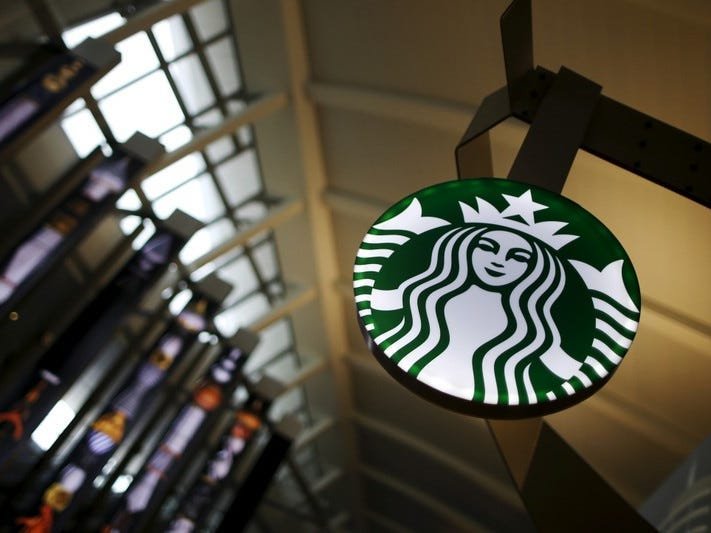
Stocks rallied and oil prices fell Tuesday after U.S. President Donald Trump announced what appears to be a shaky ceasefire in the Israel-Iran war.
The tentative truce proposed by Trump remained uncertain after Israel said Iran had launched missiles into its airspace less than three hours after the ceasefire went into effect. It vowed to retaliate.
Still, investors took heart after Trump said Israel and Iran had agreed to a “complete and total ceasefire” soon after Iran launched limited missile attacks Monday on a U.S. military base in Qatar, retaliating for the American bombing of its nuclear sites over the weekend.
“The Middle East may still be smoldering, but as far as markets are concerned, the fire alarm has been shut off,” Stephen Innes of SPI Asset Management said in a commentary.
The future for the S&P 500 gained 0.8% while that for the Dow Jones Industrial Average rose 0.7%. In morning trading Europe time, Germany’s DAX leaped 1.8% to 23,693.13, while the CAC 40 in Paris added 1.2% to 7,625.20. Britain’s FTSE 100 was up 0.3% at 8,784.68.
Oil prices fell further, after tumbling on Monday as fears subsided of an Iranian blockade of the Strait of Hormuz, a vital waterway for shipping crude. Oil prices have now given up almost all their gains since Israel attacked Iran on June 13, wiping out a roughly $10 per barrel risk premium based on the outside chance of a blockade at the strait.
The price of oil initially jumped 6% after trading began Sunday night, a signal of rising worries as investors got their first chance to react to the U.S. bombings. But it quickly shed all those gains, with U.S. benchmark crude falling 7.2%. It dropped further early Tuesday, giving up 3% to $66.49 per barrel. It had briefly topped $78.
Brent crude, the international standard, shed 3% early Tuesday to $69.38. That was just a few cents above where it traded on June 12 ahead of the Israeli attack on Iran.
With the global oil market well supplied and the OPEC+ alliance of producing countries steadily increasing production, oil prices could be headed down, said Carsten Fritsch, commodities analyst at Commerzbank. “The crucial question now is whether the ceasefire will hold and a lasting peace solution can be found,” he wrote in a research note. “If so, a further fall in the oil price could be expected.”
At their next meeting July 6, ministers from eight OPEC+ countries are expected to add another 410,000 barrels per day of production.
In Asia, Tokyo’s Nikkei 225 rose 1.1% to 38,790.56 and the Hang Seng in Hong Kong gained 2.1% to 24,177.07.
The Shanghai Composite index climbed 1.2% to 3,420.57.
In South Korea, the Kospi jumped 3% to 3,103.64, while Australia’s S&P/ASX 200 gained 1% to 8,555.50.
Taiwan’s Taiex rose 2.1% and India’s Sensex was up 0.6%. In Bangkok, the SET surged 2.5%.
U.S. stocks rallied on Monday despite the United States’ bunker-busting entry into its war with Israel.
The S&P 500 climbed 1% and the Dow industrials gained 0.9%. The Nasdaq composite index advanced 0.9%.
Back in the U.S., Treasury yields eased after a top Federal Reserve official said she would support cutting rates at the Fed’s next meeting, as long as “inflation pressures remain contained.”
Investors will be watching for Fed. Chair Jerome Powell’s comments to the U.S. Congress later Tuesday, analysts said.
The yield on the 10-year Treasury held steady at 4.33% from 4.38% late Friday. The two-year Treasury yield, which more closely tracks expectations for the Fed, dropped to 3.83% from 3.90%.
The Federal Reserve has been hesitant to cut interest rates this year because it’s waiting to see how much higher tariffs imposed by Trump will hurt the U.S. economy and raise inflation.
Inflation has remained relatively tame recently, but higher oil and gasoline prices would push it higher. That could keep the Fed on hold because cuts to rates can fan inflation while they also give the economy a boost.
The U.S. dollar fell to 145.13 Japanese yen from 146.15 yen late Monday. The euro rose to $1.1597 from $1.1578.
—David McHugh and Elaine Kurtenbach, AP Business Writers






